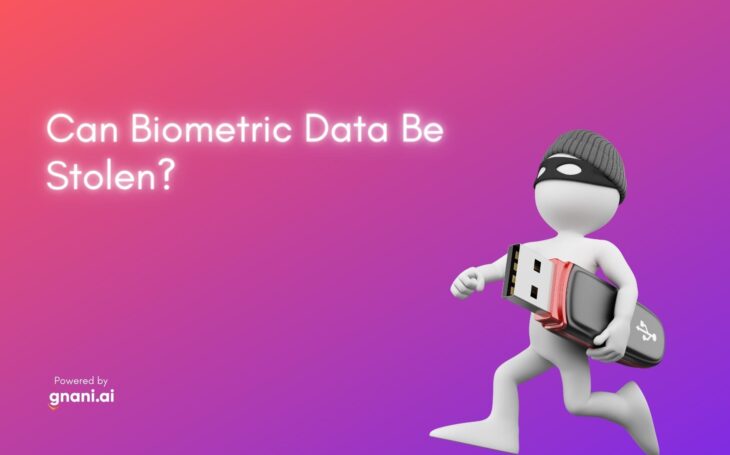
Yes, biometric data can be stolen. This type of data is often stored in databases that are not well protected, making them vulnerable to hacking. In addition, biometric devices are often not encrypted, which means that the data they collect can be easily accessed by anyone who knows how to do so. That said, it is important to note that the risk of having your biometric data stolen is relatively low. This is because such data is not generally used for identity theft or other financial crimes. Instead, it is more often used for security purposes, such as accessing buildings or computers. As such, the chances of someone stealing your biometric data in order to commit a crime are fairly slim. However, you should still take steps to protect your biometric data, just as you would any other type of sensitive information.
What is biometric data and how is it used?
Biometric data is information that can be used to identify an individual. This includes things like fingerprints, iris scans, and facial recognition. Biometric data is often used for security purposes, such as verifying someone’s identity before allowing them to enter a building or access a computer. In some cases, biometric data is also used for marketing purposes, such as tracking how often someone visits a store or what type of products they are interested in.
How could someone steal your biometric data, and what are the risks involved?
There are a few ways that someone could steal your biometric data. They could hack into a database that stores this type of information, or they could intercept the data as it is being collected by a biometric device. If your biometric data falls into the wrong hands, it could be used to commit identity theft or other financial crimes. In addition, if your biometric data is used for security purposes, such as accessing buildings or computers, it could be used to gain unauthorized access to these things.
How likely is it that my biometric data will be stolen?
The risk of having your biometric data stolen is relatively low. This is because such data is not generally used for identity theft or other financial crimes. Instead, it is more often used for security purposes, such as accessing buildings or computers. As such, the chances of someone stealing your biometric data in order to commit a crime are fairly slim. However, you should still take steps to protect your biometric data, just as you would any other type of sensitive information.
What steps can you take to protect your biometric data from being stolen?
There are several steps you can take to protect your biometric data:
- Be aware of where your biometric data is being collected and how it is being used.
- Keep your biometric data safe by storing it in a secure location, such as a password-protected file.
- Do not share your biometric data with anyone unless you are sure they can be trusted.
- Be careful about the devices you use to collect biometric data. Make sure they are from a reputable source and that they are properly encrypted.
- Keep your antivirus software up to date to help protect your computer from the malware that could steal your biometric data.
By following these steps, you can help protect your biometric data from being stolen. However, even if you take all of these precautions, there is still a chance that your data could be compromised. Therefore, it is important to keep an eye out for signs that your biometric data has been stolen, such as unexpected charges on your credit card or unauthorized access to your bank account.
How will it be used in the future?
Biometric data is likely to become increasingly important in the future. This is because it provides a more secure way of verifying someone’s identity than traditional methods, such as passwords. In addition, biometric data can be used to track people’s movements and to target marketing messages. The benefits of using biometric data include improved security and greater convenience. However, there are also some privacy concerns associated with the use of biometric data. These concerns will need to be addressed in order for biometric data to be widely accepted in the future.
What are some of the privacy concerns associated with it?
Some of the main privacy concerns associated with the use of biometric data include the potential for identity theft and the misuse of marketing information. If biometric data falls into the wrong hands, it could be used to commit identity theft or other financial crimes. In addition, if biometric data is used for marketing purposes, it could be used to track people’s movements and target them with unwanted advertising. These concerns need to be addressed in order for biometric data to be widely accepted in the future.
Conclusion
Biometric data is a type of sensitive information that can be used to verify someone’s identity. The risk of having your biometric data stolen is relatively low; however, you should still take steps to protect your data. The use of biometric data is likely to become increasingly important in the future, but there are some privacy concerns associated with its use. These concerns need to be addressed in order for biometric data to be widely accepted in the future.
What do you think? Do the benefits of using biometric data outweigh the privacy concerns? Let us know in the comments below!




